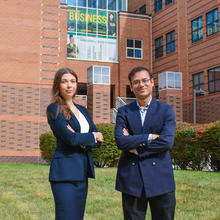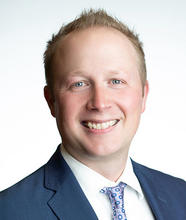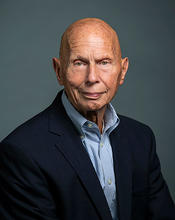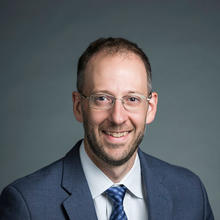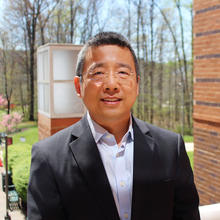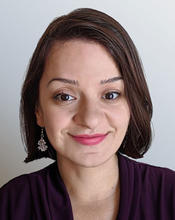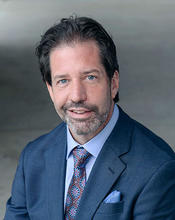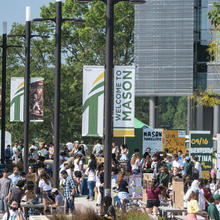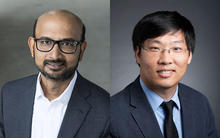The Costello College of Business at George Mason University is an acknowledged center for global business research.
Faculty take a multidisciplinary approach, with the goal of ensuring that business can be a force for the greater good.
Faculty publish in leading business journals on wide-ranging global business issues, are cited by the press, and are actively engaged in making discoveries to address a wide set of societal and institutional challenges.
Impactful Scholarship
Three pillars define the real-world impact of Costello College of Business thought leadership:
Ensuring Global Futures
Safeguarding our planet and societies from the crises identified in the United Nations Sustainable Development Goals (SDGs). Recent highlights include:
- Are Electric Cars Really Green? mic.com
- CPG Can No Longer Afford to Harm the Planet AdWeek.com
- Supporting the Honey Bee to Make the World a Better Place School of Business News
- Embedding the SDGs into Business Education The PRME Blog
Digital Transformation of Work
Preparing global organizations and professionals for the massive technological changes that are reshaping business.
- Facilitating a Paradigm Shift: An Acquisition Playbook for the Information Age School of Business News
- As Offices Reopen, Hybrid Onsite and Remote Work Becomes Routine SHRM.org
- How to Manage Performance Evaluations in the Work-From-Home Era New York Times
- Employees Are Working An Extra Day In Unpaid Overtime Each Week Forbes.com
Entrepreneurship and Innovation
Fostering the creative problem-solving skills needed for success in an increasingly unpredictable world.
- Using Geospatial Technology to Promote Economic Development of Africa School of Business News
- Prince Harry isn't the first famous name in tech, but his role at S.F. startup is rare San Francisco Chronicle
- For $40/Month, Equinox's Variis App Is Now Accessible to All Well+Good
Costello College of Business Faculty Research
- September 27, 2023Online technology has made real-time performance feedback a workplace reality. But a pair of Mason professors have found out about a major bias in the system.
- September 18, 2023When government contractors merge, comparing their customers can predict a lot about how investors will respond to the deal.
- September 15, 2023It’s not the combined skill level of the team that counts, so much as the chemistry (or lack thereof) between the members.
- September 12, 2023When it comes to relationships between co-workers, organizations’ stated priorities must match what’s happening under the hood.
- August 31, 2023A Mason professor finds yet another example of the value of diversity in senior management teams.
- August 9, 2023A new "mega-study" consisting of dozens of simultaneous, independently designed experiments shows that competitions have no automatic impact on our morality.
- August 2, 2023Mason Management Professor Matthew Cronin, highlights two blind spots in our thinking about mental health that are hindering progress toward more mindful workplaces.
- July 26, 2023George Mason University School of Business boasts more than 60 full-time, research-active faculty across the accounting, finance, information systems and operations management, management, and marketing areas. In addition to pursuing research questions within their area of specialty, many School of Business scholars team up with peers from other disciplines to tackle complex societal problems.
- June 30, 2023School of Business professors Pallab Sanyal and Shun Ye explore the complex connections between managerial feedback and creative outcomes in new study.
- June 20, 2023Why are some firms more forthcoming than others about their social and environmental impact? It may have to do with the CEO’s personal incentives.
- June 6, 2023Understanding the mysterious resistance to remote work has been a defining theme of Management Professor Kevin Rockmann's research since 2004.
- May 30, 2023Not all pharmaceutical companies are equally well-suited to surf the sea change that’s happening in healthcare.

